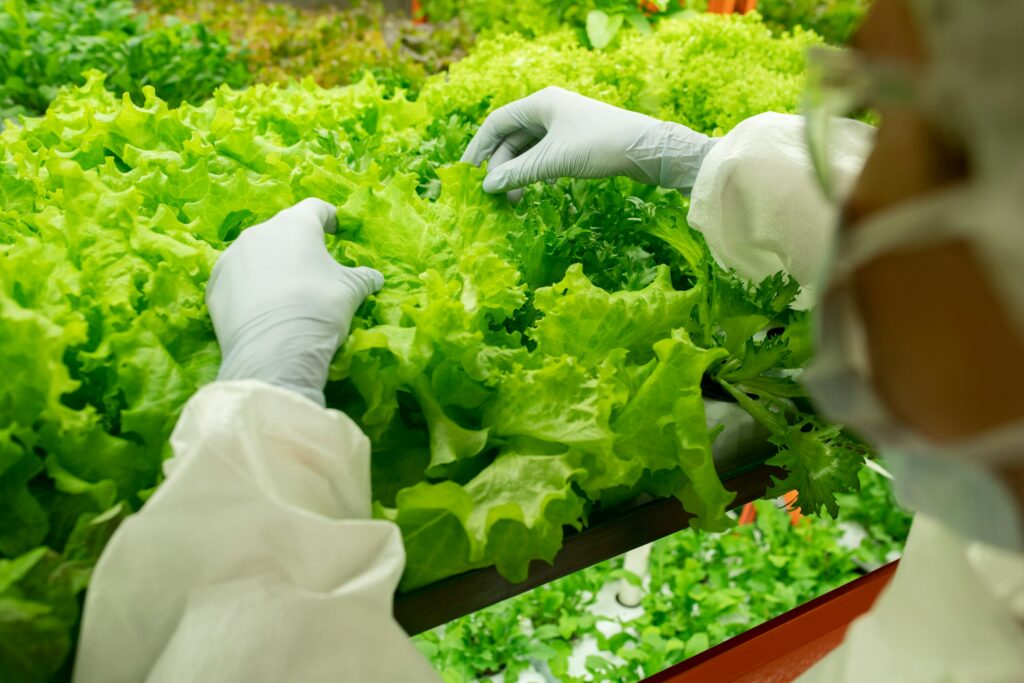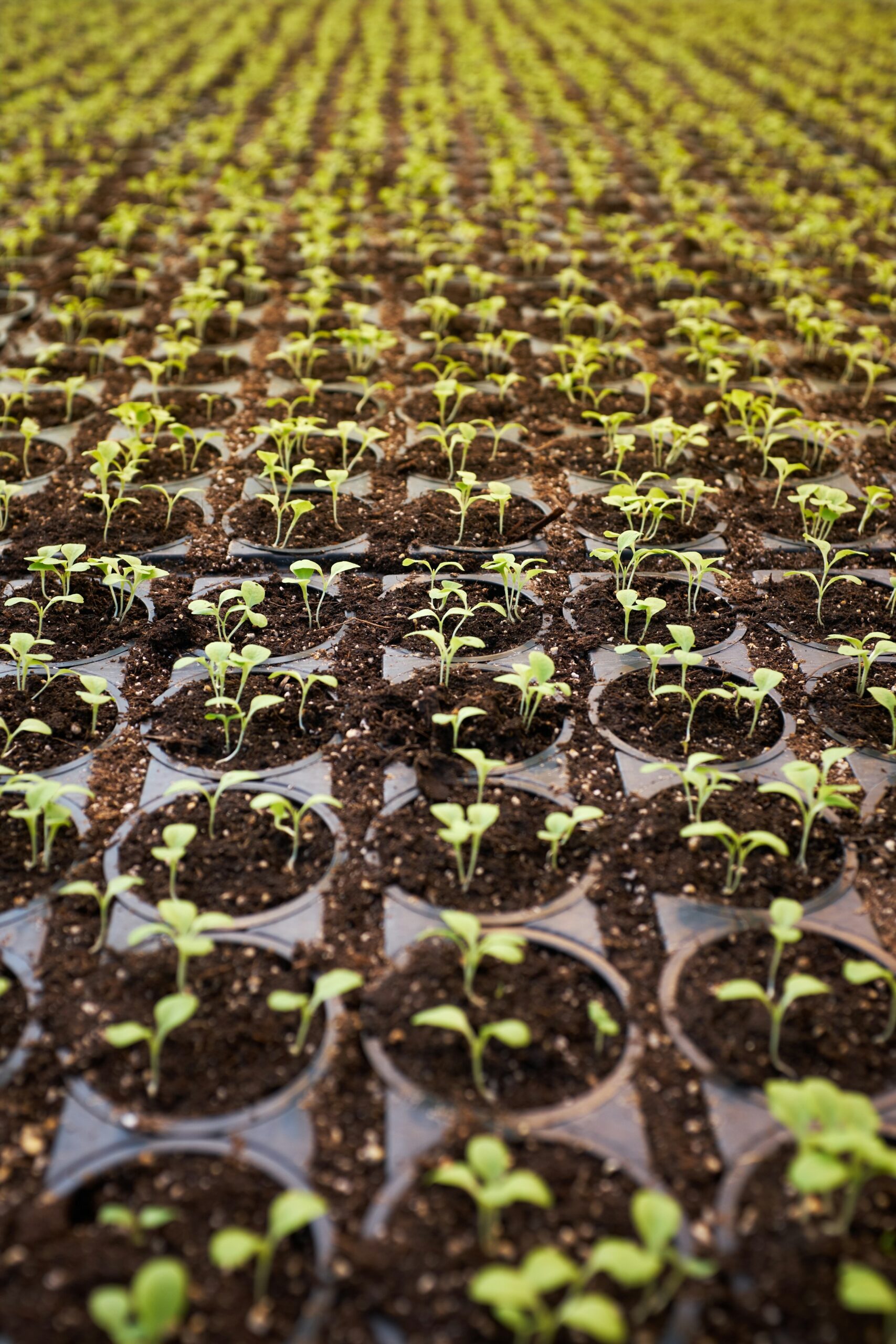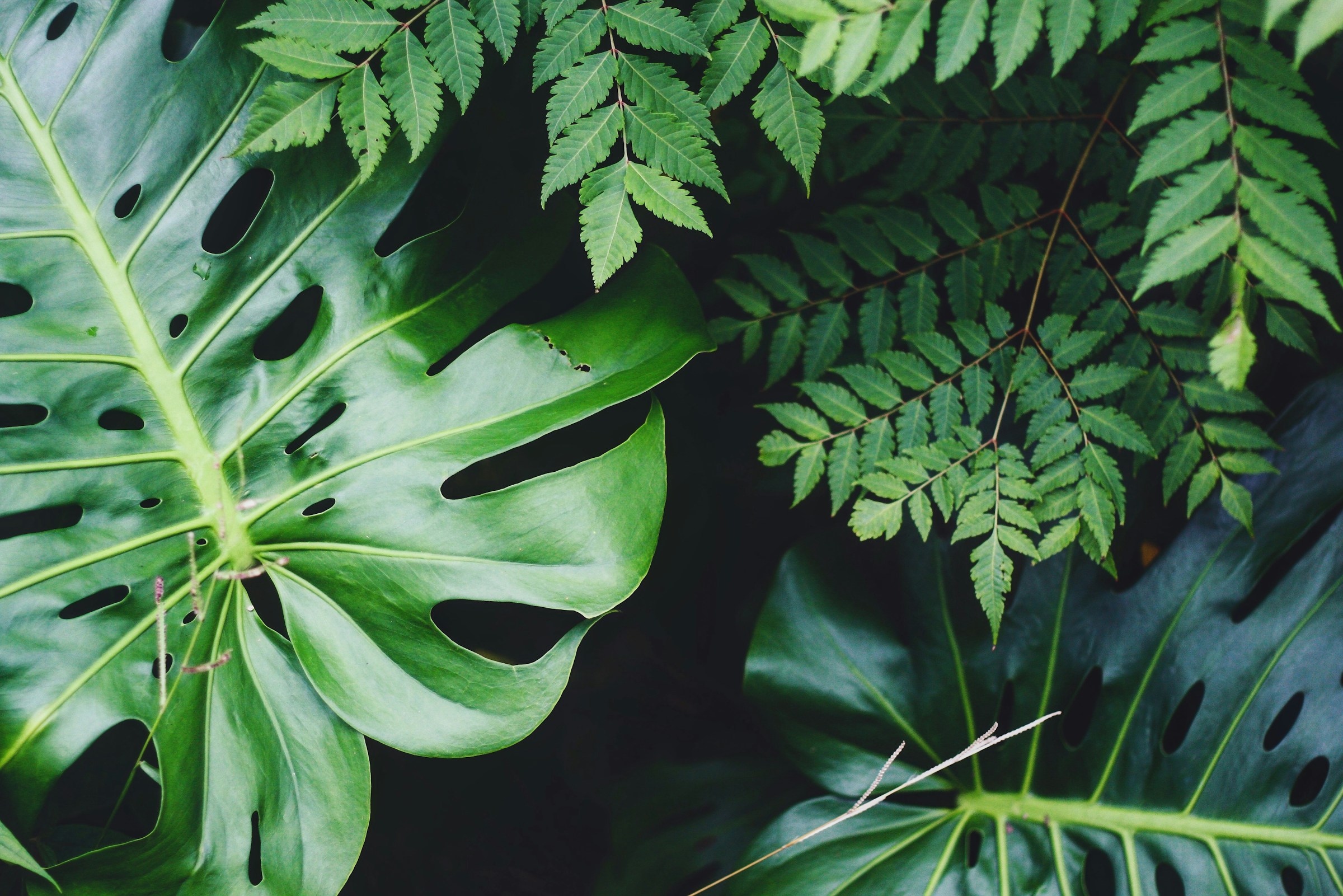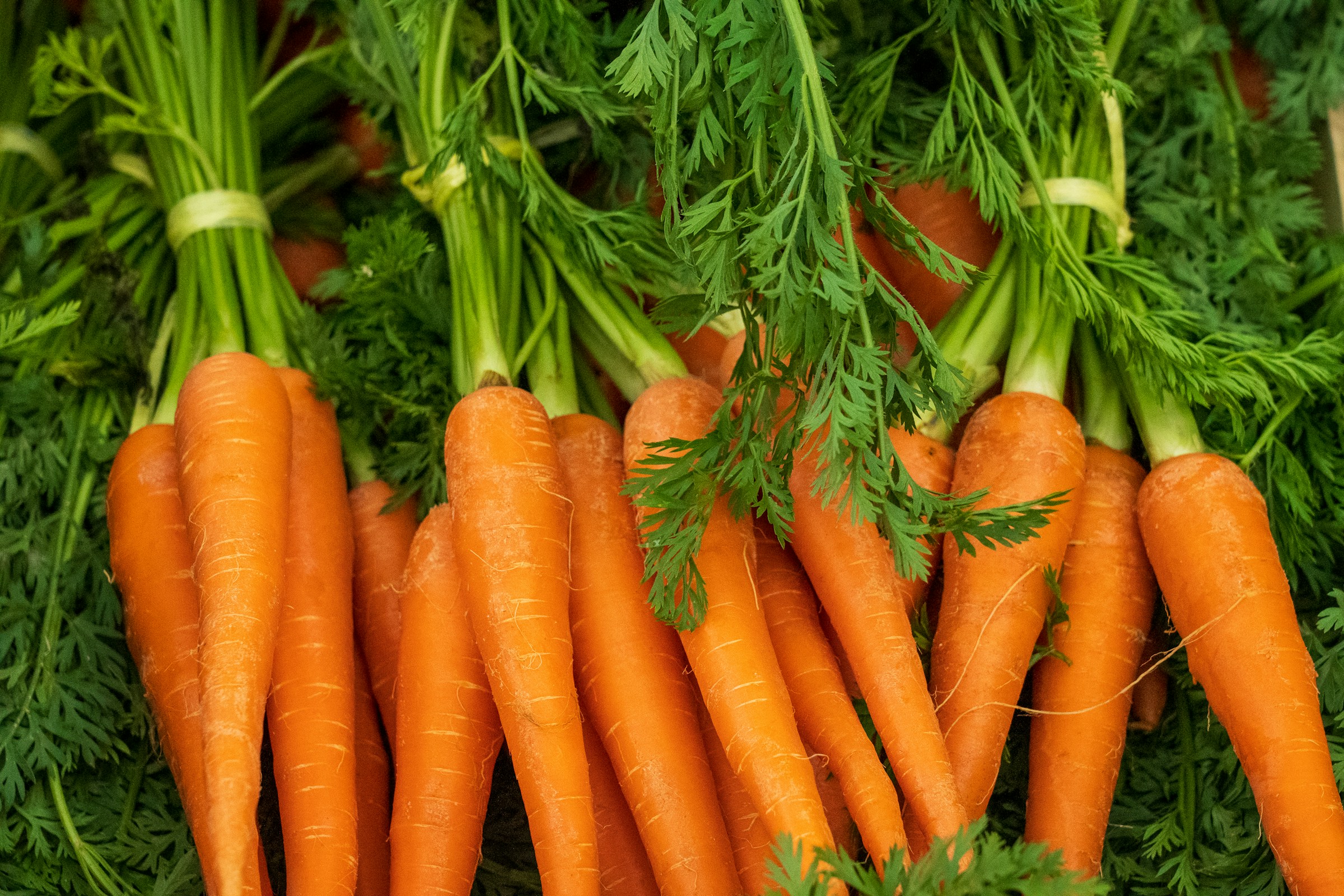In a world where "going green" isn't just a buzzword but a way of life, hydroponics emerges as a beacon of innovation in gardening. Hydroponics, the art of growing plants without soil, is not just a method; it's a revolution in the cultivation of plants. This technique has been turning heads and altering the way we think about farming and gardening in confined spaces. But how does hydroponics work? Let's dive into the roots of this fascinating technique, ensuring every leaf of information is turned.

The Foundation of Hydroponics:
Hydroponics, at its essence, is both a science and an art that transforms the way we cultivate plants. This innovative method leverages a nutrient-rich solution to grow plants without soil, presenting a paradigm shift in agricultural practices. Imagine a world where plants receive a bespoke diet tailored precisely to their needs, delivered directly to their roots. It's akin to having a personalized meal plan for each plant, ensuring optimal nutrient uptake, water conservation, and spatial efficiency.
Understanding the Basics
The principle of hydroponics is simple yet profoundly effective. Instead of toiling through the soil to find their nutrients, plants in a hydroponic system have everything they need at their roots' doorstep. This method maximizes nutrient absorption and significantly reduces water usage compared to traditional soil-based gardening. It's a win-win: plants grow faster and yield more, all while conserving vital resources.
How does Hydroponics Work?
The Core of Hydroponics: Soil-less Cultivation
At its heart, hydroponics is a method that eschews the traditional soil medium. Instead, it employs alternatives like perlite, vermiculite, or coconut coir. These mediums are inert, meaning they don't have any nutritional value in themselves. However, they are fantastic at retaining moisture and providing a stable environment for plant roots. It is crucial because, in the absence of soil, hydroponics is responsible for delivering all necessary nutrients directly to the plant's roots in a soluble form.
The Nutrient Solution: The Lifeblood of Hydroponics
It brings us to the nutrient solution - the very lifeblood of the hydroponic system. It's a meticulously balanced, water-based solution containing all the essential minerals and nutrients plants typically derive from soil. From nitrogen and phosphorus to potassium and various micronutrients, this solution is tailored to the specific needs of the grown plants, ensuring they receive a balanced diet.
Precision and Control: The Hydroponic Advantage
One of hydroponics's most compelling advantages is its unparalleled control over the growing environment. Since everything is delivered in a controlled manner, variables like nutrient concentration, pH levels, and moisture content are no longer left to the whims of nature. This precision maximizes growth and yield and minimizes waste and resource use, making hydroponics a poster child for sustainability in agriculture.
Lighting the Way: The Role of Light in Hydroponics
While nutrients, water, and air are critical, we can't overlook the importance of light. Hydroponic systems often rely on artificial lighting to mimic the spectrum of sunlight. It is where the innovation truly shines, allowing for year-round cultivation regardless of external weather conditions. LED grow lights, for example, have become popular for their efficiency and ability to tailor light spectrums to the plants' growth stages.
The Hydroponic Setup: Efficiency Meets Innovation
To embark on a hydroponic journey, you'll need a few key components:
- A container or reservoir for the nutrient solution.
- A way to support your plants (like net pots or grow media).
- A reliable light source for photosynthesis.
This setup facilitates a controlled and efficient growing environment and opens up possibilities for year-round cultivation, irrespective of outdoor weather conditions.
Why Hydroponics?
The advantages of hydroponics are compelling:
- Water Conservation: Hydroponics uses significantly less water than traditional soil gardening. The closed system recycles water, drastically reducing waste.
- Faster Growth and Higher Yields: Plants grow faster and produce more because they have direct access to nutrients and oxygen, eliminating the stress of searching for resources.
- Space Efficiency: Hydroponics can be done in compact spaces, making it ideal for urban dwellers or those with limited gardening space.
- No Soil, No Problem: Hydroponics does not require soil, so there is no weeding or soil-borne pests to worry about, making it a cleaner and more hassle-free gardening method.
The Takeaway: Why Hydroponics?
So, why are gardeners and farmers alike gazing towards hydroponic systems? The reasons are manifold:
- Increased Yield: Controlled conditions lead to faster growth and higher yields.
- Water Efficiency: Hydroponics uses up to 90% less water than traditional soil farming.
- Space Savings: Hydroponics can be set up in compact spaces, even indoors, without the need for sprawling fields.
- Less Pesticide Use: With no soil to harbour pests, there's reduced need for pesticides, leading to cleaner, healthier produce.
In essence, hydroponics is not just about growing plants without soil; it's about reimagining the possibilities of cultivation. It's a testament to human ingenuity, a solution that speaks to the challenges of modern agriculture and sustainability. As we continue to explore and refine these systems, who knows what other green miracles we might unlock?
Frequently Asked Questions:l
Can any plant be grown hydroponically?
While most plants can thrive in hydroponic systems, leafy greens and herbs are particularly well-suited due to their adaptability and quick growth cycles.
Is hydroponics more expensive than traditional gardening?
The initial setup costs can be higher, but the efficiency and higher yields often offset these costs over time.
Do hydroponic plants taste different?
Taste can vary, but many people report that hydroponically grown vegetables and herbs taste fresher and more vibrant due to the controlled environment and nutrient mix.




